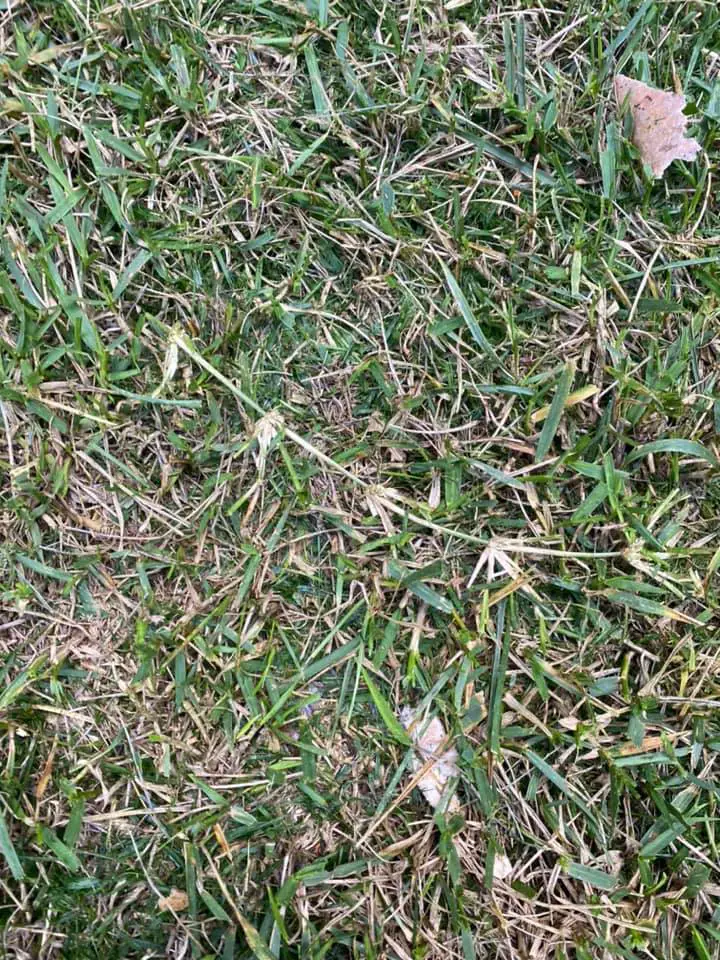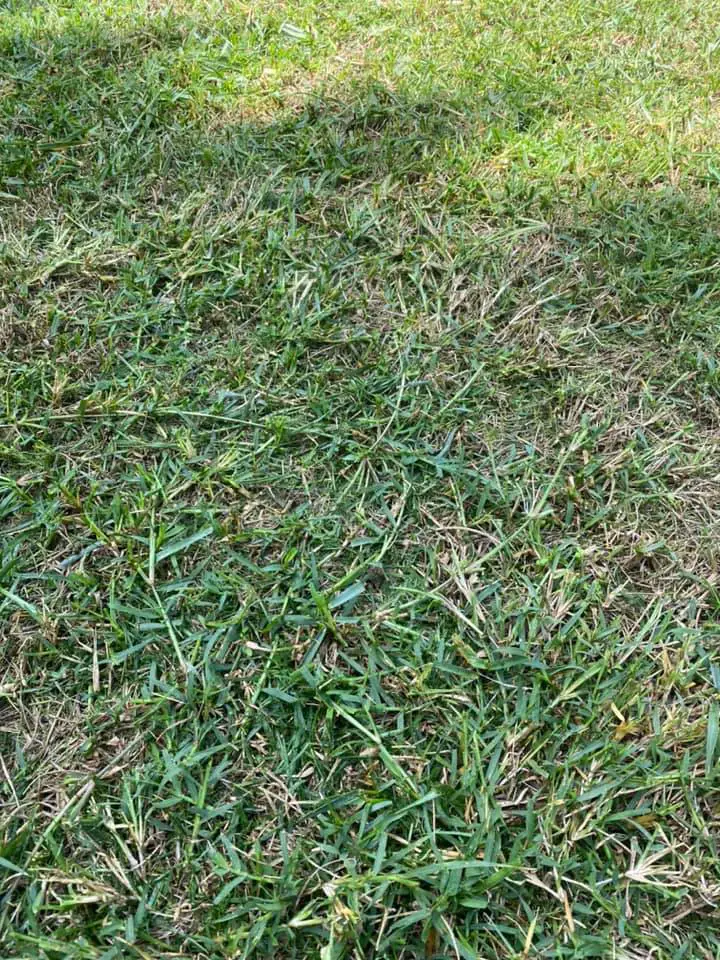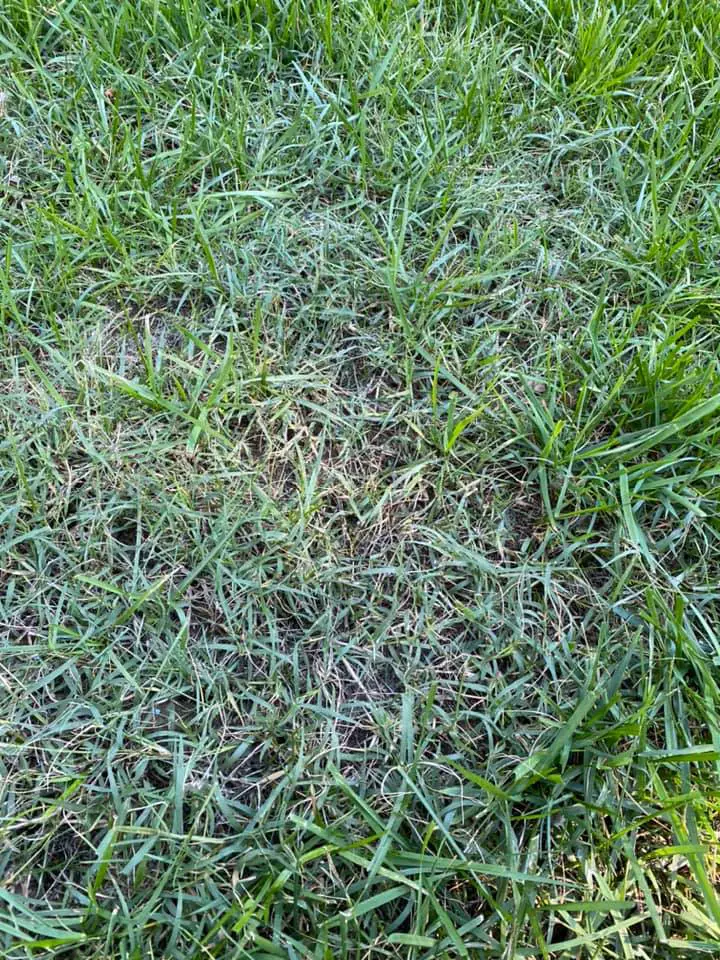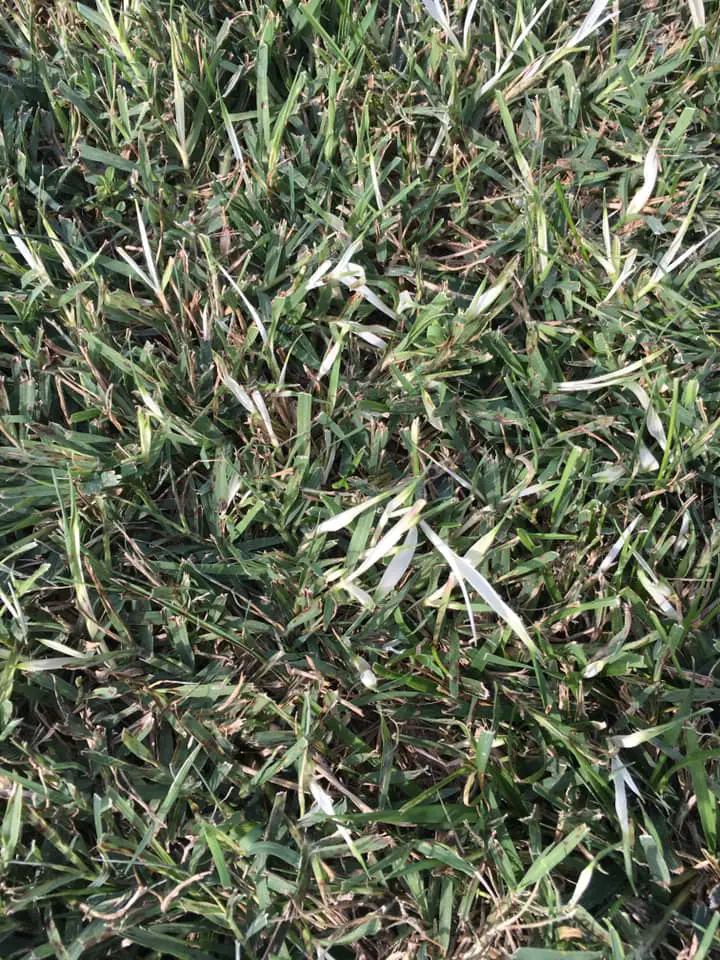An aggressive and tenacious warm-season turf grass, Bermuda grass is both loved and despised. Extremely durable to foot traffic, drought-tolerant, and heat-loving, this tough grass can be challenging to remove if it invades your lawn or flower beds. Known botanically as Cynodon dactylon, Bermuda grass has also been dubbed ‘devil’s grass’ for its difficulty to eradicate. Even so, with patience and the following tips, you can kill Bermuda grass; though don’t be surprised if you have to repeat your methods more than once.
Table of Contents
About Bermuda Grass
Bermuda grass is a creeping grass that originally comes from Africa but is popularly grown in subtropical and tropical climates all over the world. In the U.S., it’s widely grown in the South, but it has a habit of invading flower beds and fescue lawns. In fact, it’s particularly troublesome for zoysia lawns and tall fescue lawns. As a tough grass that stands up well to foot traffic, Bermuda grass is often grown on golf courses and athletic fields as well as in pastures. However, if you have not planted this turfgrass on purpose and it creeps onto your fescue lawn or zoysia grass, it operates very much like a weed and is extremely difficult to kill.
Identifying Bermuda Grass
Bermuda grass is light green in color and has a short, coarse texture. It thrives in direct sunlight in warm climates. It’s highly resistant to disease and is drought tolerant. Sometimes grown as a pasture grass, Bermuda grass is an invasive weed where it’s not wanted and is particularly hard to eradicate because it spreads by rhizomes (underground stems) and Bermuda grass stolons, which are above-ground runners. Bermuda Grass spreads vigorously by seed. It’s difficult to eradicate Bermuda grass because it has multiple means of spreading through your fescue lawn or zoysia grass.



Killing Bermuda Grass
Bermuda grass rhizomes and stolons make it difficult to eliminate. Fortunately, there are several ways to kill Bermuda grass. You’ll want to choose the right method to kill Bermuda grass weeds, but that depends on where they are growing. Eradicating Bermuda grass from your vegetable garden is different from getting rid of Bermuda grass that has infested your tall fescue lawn. Because Bermuda grass can exist with other turfgrasses as well as ornamental plants, it can be difficult to kill without harming the plants you want to maintain.
How to Get Rid of Bermuda Grass in Fescue
It’s difficult to remove an invasive weed like Bermuda grass once it’s moved into your lawn. Bermuda grass killers like glyphosate are likely to kill your fescue grass too. However, Fusilade II is labeled to kill Bermuda in Fescue lawns.
To control Bermuda grass in lawns, many people prefer to dig deep and pull up Bermuda grass weeds. When removing Bermuda grass from your turfgrass, you’ll want to remove the entire plant. If you leave any Bermuda grass rhizomes behind in the soil, the plant is likely to grow again.
On the other hand, if you’re wondering how to kill Bermuda grass that has invaded your lawn grass, you can use a selective herbicide like Fusilade II. If you want to kill Bermuda grass where only Bermuda grass is growing, you can use a systemic herbicide or product marketed as a Bermuda grass killer.
For garden beds, Ornamec is a popular selective post-emergent herbicide to kill Bermuda grass.
Some gardeners prefer to use a sod cutter to strip their soil of Bermuda grass sod or garden bed and cover it with landscaping fabric for a period of six months. Landscaping fabric will help you smother the Bermuda grass. Of course, the landscaping fabric method only works if you want to kill whatever is growing in a given location. It will kill your preferred lawn grass or other plants when used to kill Bermuda grass.
Six months can be a long time to wait to eliminate Bermuda grass by that method. You can also lay a clear plastic tarp over the Bermuda grass. The sun and heat that builds up can kill Bermuda grass more quickly, usually in four to six weeks. This is an effective way for managing Bermuda grass.
To prevent Bermuda grass from infesting your lawn grass, employ good lawn care methods. Mow your lawn close and fertilize according to a set schedule. A healthy lawn is the best defense against encroaching Bermuda grass.

How to Kill Bermuda Grass in Flower Beds
If you want to kill Bermuda grass that has invaded your flower beds or garden beds, you can dig out the stolons and rhizomes. Or, you can apply a selective weed killer that is known to kill Bermuda grass while it is actively growing. You’ll want to avoid using any product that could harm your perennials or shrubs, for instance. Digging out these Bermuda grass weeds from your flower bed may be time-consuming, but for heavily planted areas where there are many ornamental plants, you’ll want to perform this task with care. Mulched areas can provide a strong defense against further weed growth.
If you are attempting to kill Bermuda grass weed in vegetable gardens, you should avoid using a Bermuda grass weed killer or chemical herbicide as it can leave residual chemicals in the soil for a period of time. Instead, use the clear plastic tarp method and allow the sun’s solar heat rays to dry out and kill Bermuda grass. Or, you will have to dig up the Bermuda grass weed, taking care to remove all the underground roots and stolons.
To reduce the risk of a Bermuda grass infestation in your flower bed or landscape beds, take care to mulch the area or apply a thick layer of wood chips to the bed; use a half-inch layer at least or, ideally, about six inches deep. This will tamp down on unwanted Bermuda grass weed growth.
How to Kill Bermuda Grass FAQs
What kills Bermuda grass weed permanently?
Both selective and non-selective herbicides can kill Bermuda grass weeds. Gardeners can use Fusilade to kill Bermuda grass, but it’s best to apply it during its growing season–not in spring or fall. Removing Bermuda grass by hand may not be effective if its rhizomes are left growing in the soil.
What is the best killer of Bermuda grass?
Many gardeners prefer to kill Bermuda grass weed with Fusilade II or Ornamec, which is an effective weed killer. Keep in mind that Bermuda turf grass is extremely tough. It often requires more than one application of a Bermuda grass killer during the growing season to wipe out Bermuda turf permanently.
Does vinegar kill Bermuda grass?
Vinegar may kill Bermuda grass weeds; however, these weeds are often likely to grow back. The vinegar tends to kill the plant’s weeds before it reaches the plant’s roots. Also, vinegar may kill other plants growing near the Bermuda grass weed you want to kill. Most gardeners suggest using a Bermuda grass killer instead if you’re determined to get rid of this tenacious weed before it overtakes your entire lawn.
How do I get rid of Bermuda grass?
You can get rid of Bermuda grass by using a Bermuda grass killer or pulling up this weed grass by hand. If you’re getting rid of Bermuda turf covering a large section of lawn, you can use a sod cutter to remove it from an entire area. You can use a garden spade to lift out the Bermuda grass plants. Then, you can lay down landscaping fabric to prevent plants from growing, eventually killing the Bermuda grass roots. You can also lay a clear plastic tarp over the Bermuda grass so the sun’s solar heat rays kill it.
